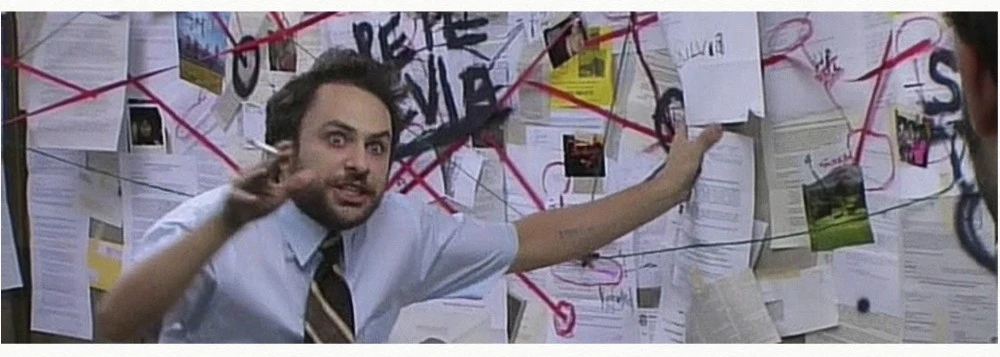Incident Documentation Best Practices
Incident Documentation Best Practices are crucial in any crisis situation. Drawing on my personal experience from an event at a private sector company, I aim to illustrate the pivotal role that effective documentation plays in managing undesired events. This narrative, enriched with vital insights from recent research, demonstrates the tangible benefits of diligent record-keeping. Whether you’re in crisis management, cybersecurity, technical support, or a first responder, this article sheds light on essential documentation strategies for you.
The Incident: A White Powder Scare
In my role as an experienced member of a newly formed Crisis Management team, I emphasized the importance of always carrying a notepad. This practice proved invaluable one day when a white powder incident occurred in our mail facility. With my notepad in hand, I meticulously documented the unfolding events, including critical timings and decisions made for providing concrete evidence in legal scenarios that could develop.
Why Documentation Matters
- Legal Safeguards: This article from Case IQ article highlights that “good documentation can mean the difference between a company (or person) winning and losing a lawsuit”. This was a reality I faced during the white powder scare, understanding that our records could be pivotal in any potential legal proceedings.
- Clarity in Chaos: As per Jensen Hughes, effective documentation should start immediately at the notification of an emergency. I followed this practice, noting the time of the original notification and the sequential decisions. This approach not only offered clarity amidst the chaos but also ensured that every action was transparent and accountable.
- Transparency and Trust-Building: Effective documentation fosters transparency, a critical aspect in building trust with stakeholders during and after a crisis. As Texas Defense Force Security emphasizes, “immediate incident reporting demonstrates a commitment to transparency, accountability, and responsible practices, thereby building trust with stakeholders”. This transparency not only helps in immediate decision-making but also assures stakeholders of the organization’s commitment to integrity and responsible management in high-pressure situations.

Don’t be this guy!
The Aftermath: Lessons Learned
The incident, although resolved with the discovery that the powder was harmless detergent, revealed a stark contrast in approaches to crisis management. My new boss, with a background in corporate project management, had not documented the event. This oversight highlighted the potential risks of inadequate documentation in crisis situations. As I explained the importance of integrating this experience into our future training and the significance of vigilance, the realization dawned on her about the potential legal and investigative implications. Especially when I explained that if it had been a real biological or chemical agent, we could very well be discussing this even with DHS or FBI agents instead of each other. When her eyes went wide, I could tell this possibility had never dawned on her.
The Variability of Good Incident Documentation
Good incident documentation transcends the medium. Whether it’s a notepad, a digital recording, a picture of a whiteboard; heck I’ve even written patient diagnostics on their shirt with a sharpie, the key is retrievability and accuracy. This adaptability in documentation methods ensures that critical information is captured and can be revisited, whether for internal reviews or legal depositions.
Conclusion
The white powder incident at our mail facility served as a powerful lesson in the importance of documentation in crisis management. It reinforced that the act of recording details is not just a bureaucratic task but a crucial tool for legal protection, clarity, and effective management. My experience, coupled with the research from Case IQ, Jensen Hughes, and Texas Defense Force Security, underscores the undeniable value of documentation in navigating the complexities of crisis situations.
For professionals looking to enhance their crisis management and operations skills, understanding and implementing effective documentation practices is key. Send me a note through my Hire Me page and let’s discuss opportunities to develop these essential skills through collaborations, exercises or consultations.